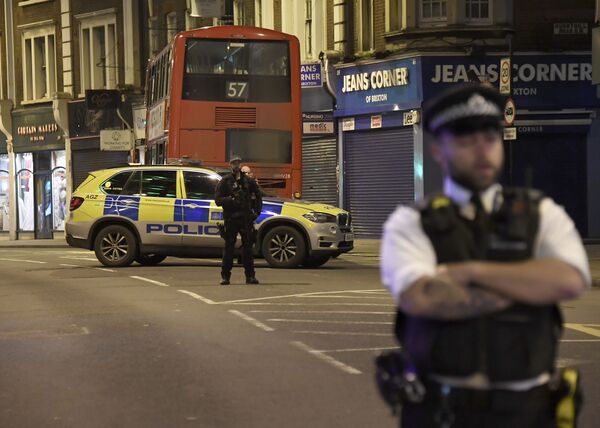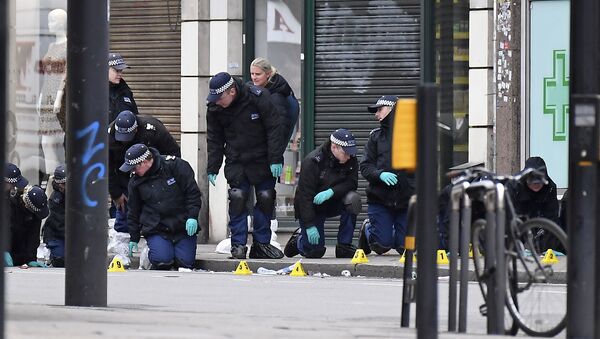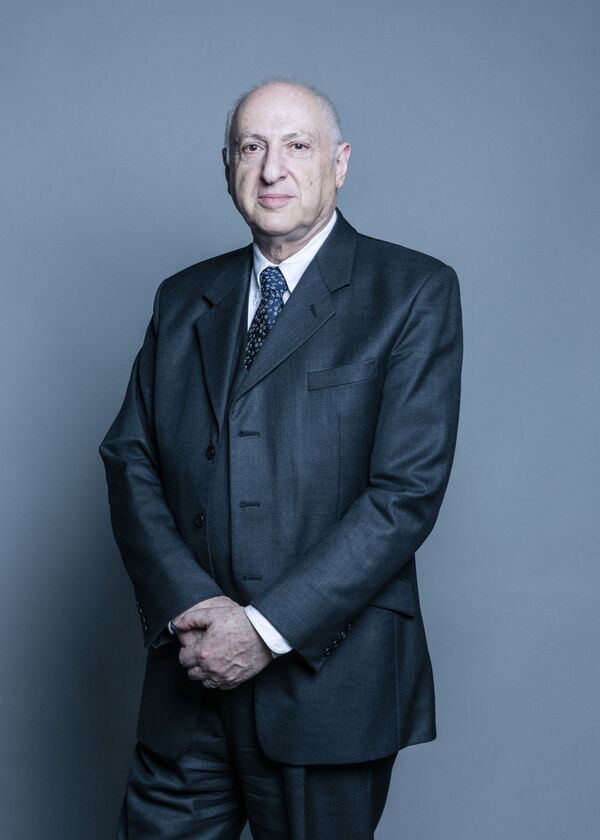Lord Carlile of Berriew, a member of the UK’s House of Lords and a former reviewer of terror legislation, has cast doubts on the Johnson government’s plans to change the release conditions of individuals convicted on terrorism-related charges, urging the reintroduction of “control orders” instead, Sky News has reported.
Following the most recent stabbing incident in London committed by an individual just released from prison halfway through a sentence for spreading extremist materials, the government pledged to curb the early release of convicts until they have served at least two thirds of their sentences and then been reviewed by the Panel Board.
However, speaking in the House of Lords, the Lord Carlile noted that these proposed changes to the existing legislation could be easily challenged in courts due to their retrospective nature, as they were potentially targeting those who were already convicted.
Instead, the former independent reviewer urged the return of “control orders” as an “effective and proportionate response” to the problem of early release.
The measures existed in British system from 2005 to 2011, and included the close supervision of released individuals, with restrictions on meeting, and was described by some as similar to “house arrest”, Sky News noted. It was later replaced by less strict arrangements known as TRIMS (Terrorism Prevention and Investigation Measures).
Johnson Vows to Halt Early Release for Terror Convicts After New Attack
On 2 February, Sudesh Amman, 20, stabbed several people in Streatham, south London, just a week after being released from prison halfway through his sentence. In December 2018, he was sentenced to three years and four month for possessing documents containing terrorist information and spreading extremist materials. He was first arrested in May 2018 on suspicion of planning a terror attack.

British PM Boris Johnson denounced the attack, while slamming the practice of automatic and “unscrutinised” release of individuals convicted of Terrorism Act offences halfway through their sentences, urging the practice to be changed. However, the prime minister noted that it could be potentially challenging to apply changes to the anti-terror legislation retrospectively in relation to hundreds of people currently spending their time in UK prisons.
“That is a very complex legal question and as you know, we're bringing forward legislation to stop the system of automatic early release, but the difficulty is how to apply that … retrospectively to the cohort of people who currently qualify", Johnson said on Monday, referring to the planned changes.
In 29 November, another previously convicted terrorist Usman Khan stabbed several people near London Bridge in the UK capital, killing two. It was later revealed, that he had also been released automatically and without the Parole Board’s approval in December 2018, after serving only eight years, instead of his original, indeterminate sentence.




